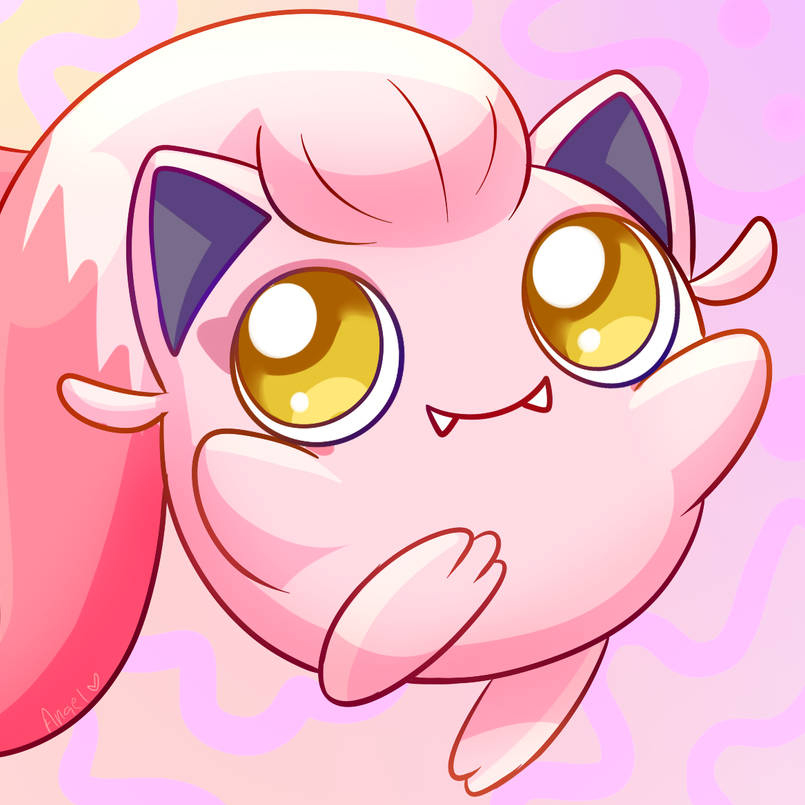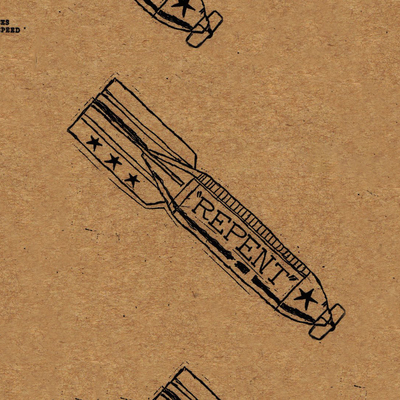haha yes and next we'll disrespect China's pronouns! this will definitely put us back on top
Gonna start referring to the United States as Great Britain's North American Colonies :gigachad:
Well, if they want to play that game:
- Texas is Tejas
- New York City is actually New Amsterdam
- San Francisco is bullshit, call it by it's real name: Yerba Buena
- Boston is Trimount, and I will fight those that say otherwise.
- Atlanta is either Terminus or Marthasville
- Orlando is made up poopoo name, Jernigan is the piss.
- Phoenix was named by a confederate lead head, Hohokam forever!
Now, if you excuse me, I need to start prepping for the Soup Bowl. I will of course be pulling for the Losantiville Bengals.
New York City is actually New Amsterdam
Why'd they change it? I can't say.
Los Angeles is now Nuestra Señora La Reina de los Angeles de Porciuncula
western former empires will continue to pretend they own the rest of the world long after they've collapsed lmao :cope:
I’ve just started referring to it all as southern Mongolia to confuse the chuds
So you're saying they're parts of the same country? :thinky-felix:
This is the less effective version of my grandma's insistence of calling Istanbul "Tsarigrad" in her one woman war against the Turks.
Yes, let's all talk like 1890's mustache-men to confound those inscrutable celestials
IDK, a lot of countries call it Peking, dont get what the fuss is about?
The top university in the country insists people call it Peking University and gets mad if people use Beijing University.
Yeah, it's Peking in Finnish too
Of course, in that case there's no colonial historical baggage which is what the author of this article has a huge hardon for
Yeah, I don't get it. It's "Peking" also in ex-Yugoslavia states, during socialism as well.
"We'll own them by acting like dipshits who can't get names right. Anyway, news from Burma ..."
Aren't the politics of the Burma/Myanmar name change super messy?
That'll show Mao!! Should then be "Beiping" though:
Beiping (then romanized as Peiping), in both its connotations, was restored as the name in 1928 by the Republic of China following its reconquest of Beijing from the warlords during the Northern Expedition.[21] The occupying Japanese in 1937 imposed the name Peking (Beijing), then with their surrender in 1945, the Nationalist Government restored "Beiping". In 1949, the official name again reverted to "Peking" (the Postal Romanization) when the Communists conquered it during the Chinese Civil War and made it capital of their newly-founded People's Republic of China. As noted above, the pinyin romanization, "Beijing", was adopted for use within the country in 1958, and for international use in 1979. The American government continued to follow the Nationalist government in using "Beiping" until the late 1960s. [ x ]
im losign my shit at this single fucking word so hard right now because im at just the right amount of sleep deprivation
Why are there such wildly different transliterations of the name? Usually those come from westerners messing up consonant clusters or vowels in a weird way (or choosing weird orthographies for consonants not directly covered by Latin characters), but there the consonants are changing whether they're voiced, where they're articulated, and even what sort of consonant they are altogether while the vowels stay the same. Is it a matter of dialect or a Cantonese vs Mandarin thing?
Beiping means "northern pacification," and Beijing means "northern capital." The first Ming emperor named it Beiping; it had been Dadu under the Mongols.
Peking is just Beijing in the pre-pinyin transliteration. Same way Nanking became Nanjing.
Thanks.
Peking is just Beijing in the pre-pinyin transliteration. Same way Nanking became Nanjing.
As a follow up question, is that based on historical dialects or sound changes, or just the original transliteration being inaccurate?
A mixture of everything. Written Chinese is legible to anyone who can read Chinese, regardless of the dialect. The spoken versions are not always mutually intelligible. When Europeans started transliterating Chinese words, they did so according to their own languages' pronunciation rules, so there were rival French and English transliterations, for example. Meanwhile, the early European contact with the Chinese came from the southern coast, rather than the northern capital. The word Mandarin, amusingly enough, comes from the Portuguese by way of (maybe?) an Indian language, and Portugal dealt mostly with the places that speak Cantonese today.
(I'm currently reading John Keay's China: A History, which has helped a great deal in understanding some of this, as well as much else. It's reflexively anti-Communist but when I reach that era I intend to supplement it with other and more specialized books. For ancient and medieval history it's been very, very good.)
Some other sources:
A new book on Chinese orthography: https://literaryreview.co.uk/how-the-typewriter-changed-chinese
https://en.wikipedia.org/wiki/Pinyin#Background:_romanization_of_Chinese_before_1949
Edit - As for sound changes, I don't know the specifics but I do know that they've been considerable. Older Chinese poetry has been especially valuable here because the rhymes then are different from the rhymes of today.
Cool, thanks. Linguistics is such an interesting subject and something I regret not studying more of since college.
I did try figuring this out in earnest, and it felt like a waste of time for a shitpost lol. Clearly foreigners hear shit differently plus politics. Like I read that the original "Peking" transliteration was introduced into the Romance languages by the French 400 years ago. And also that the North China pronounces it "Beijing" while in the South you can still hear "Peking." Also that in Mandarin it sounds in-between of those two anyway. Conclusion: we just gotta say Bei-Xi-ng and be done with it imo.
I was told it was a Hokkien/Mandarin thing by a linguist one time
Can someone explain this to me? I have no idea why using Peking would be a dunk on communism or the history of why/when the switch to Beijing was made
It's just two different spellings for the same Chinese name 北京.
Peking used the old Wade-Giles system, which is what the West used until the 1970s. Beijing used the Chinese Pinyin system which was created by the Communists. Teaching Chinese using Pinyin has been adopted by basically every country in the world, and even Taiwan, becuase its just better at transliteration than previous systems.
Chinese people themselves don't actually give a shit what system Westerners use, and the Wade-Giles system isn't really seen as a product of colonialism. Like the Beijing Airport still uses the PEK code, Peking and Tsinghua University still use the old spelling, and Canton is still frequently used in China despite the Pinyin spelling being Guangdong. Some Chinese writers even prefer to translate Mao Zedong as Mao TseTung becuase English audiences will have a deeper connection with the Wade-Giles spelling.
This National Review article is just western cope, like just trying to make themselves feel better even when no one could possibly give a shit.
I didn't realize Tsinghua was Wade-Giles. Also cool that Canton is just Wade-Giles for Guangdong. Thanks for sharing.
While we're at it we should call New York new Amsterdam and Istanbul constantinople :theymightbegiants:















